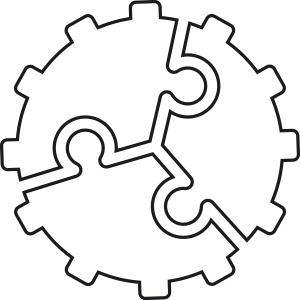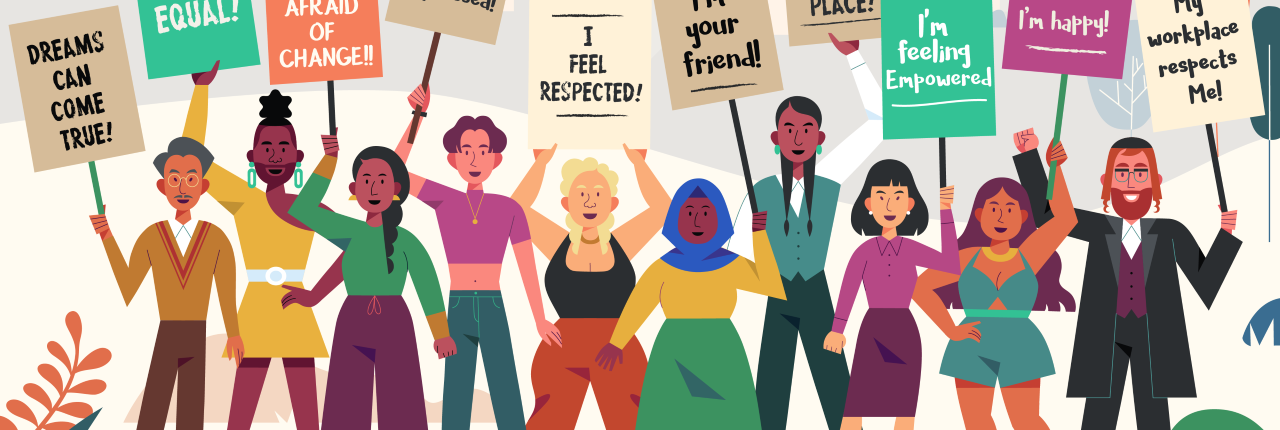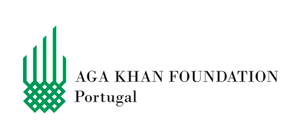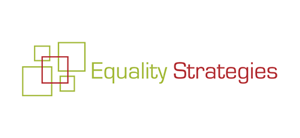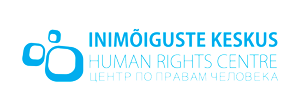DIVERSITY & INCLUSION
Since the Treaty of Amsterdam (1997) anti-discrimination has been a focus in policy making on European level. Almost 25 years later, Diversity Management or Diversity & Inclusion (D&I), how it is now often called, became a widely spread practice in the corporate world. Legal requirements in form of EU anti-discrimination directives as well as voluntary engagement constitute a solid basis for numerous initiatives and approaches implemented across different European member states.
The concept of diversity has evolved over time and may vary depending on the local context, industry and business needs. Despite the different definitions of diversity and inclusion, several core dimensions can be identified. DIVERSITY includes differences in age, sex, ethnicity, ability (physical and mental), sexual orientation and religion. More holistic concepts also include differences in socioeconomic status, gender identity and body image.
However, in the organizational context, it is not enough to only embrace diversity. Organizations and all people working in it need to guarantee that everyone within the organization, regardless of their characteristics and lifestyle, feels fully integrated and has the opportunity to develop inside the organization. INCLUSION means our will, ability and competence to understand, value and maximize all facets of diversity.
WHAT
The Diversity@Work project aims to support the implementation of the EU Diversity Charter initiative, which promotes diversity, nondiscrimination, and equal opportunities in the workplace. The Aga Khan Foundation (AKF), Equality Strategies, and Estonian Centre for Human Rights (ECHR) develop a Charter Implementation Toolkit (CIT) in three languages (English, Estonian and Portuguese) that will present a range of organisations (public bodies, SMEs and NGOs) with practical, user-friendly tools and resources to implement Diversity and Inclusion (D&I) policies and procedures at their workplace.
WHY
We believe that by improving awareness of diversity management, creating accessible, user-friendly resources and monitoring tools to implement D&I policies, and increasing confidence levels among professionals to be able to implement these policies and practices, more EU organisations will sign up for the Diversity Charter and more EU organisations will take concrete steps to promote diversity, non-discrimination and equal opportunities in the workplace.
HOW
By creating user friendly and technological resources, we hope to allow organisations to more easily implement D&I solutions within their organisations. This is manly true given that, in the European context, most employers are small and medium companies, state services and NGOs that might not have the ideal amount of internal resources or allocated staff. Our tools are easy to use and adjust to the realities of each organisation, and will be tested in different European countries, ensuring also its adjustment to different national contexts.
